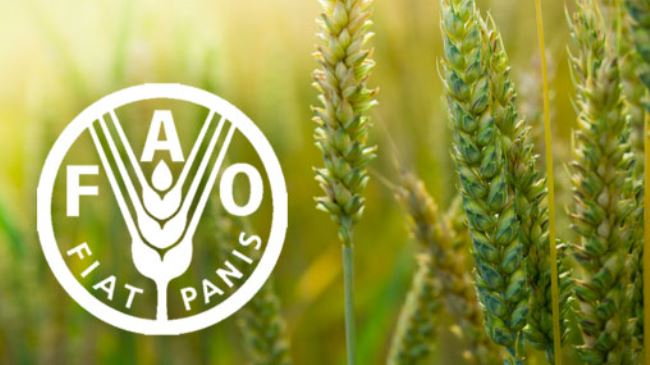AI, Digital Revolution Would Transform World’s Agrifood System’
CHIGOZIE AMADI
Qu Dongyu, the Director General of the Food and Agricultural Organisation (FAO), has stated that Artificial Intelligence (AI) and the ongoing digital revolution would inevitably transform the world and its agrifood systems, while also solving global challenges.
Dongyu, who was at the Business Federations of the G7 (B7) meeting in Rome, Italy, explained that AI is not just a technological shift, but a force driving fundamental economic and social transformation at the broadest level.
While highlighting the potential of Artificial Intelligence (AI), he stressed the need for governments across the globe to invest massively in digital revolution.
According to him, AI recognizes its power to bring potential benefits to a wide range of populations and to contribute to improved efficiency and sustainability.
“Digital agriculture can revolutionise how we produce, distribute and consume food,” he said.
The potential benefits for farmers and stakeholders, he elaborated, across agrifood systems will include improved pricing data, minimizing food loss and waste, enhancing food safety and stimulating adoption of better seeds, fertilizer and sustainable practices.
The Director-General then identified the central role that data plays in AI and digital technologies, noting that quality data is needed to train innovative tools and to accelerate actions such as agrifood systems transformation.
Qu also urged private-sector actors to increase their ambition for climate action and to show more accountability towards their supply chains and the communities in the countries from which they source, buy and sell their products.
According to him, “Another absolutely critical area for collaboration and harmonisation of approaches is in the energy sector. Decarbonization by 2050 is “simply not possible” without addressing energy consumption across agrifood systems.”
The FAO Director-General spoke at a session focused on charting new courses for cross-border global cooperation, joined by Mathias Cormann, Secretary-General of the Organization for Economic Cooperation and Development (OECD).
“FAO has a formidable database in FAOSTAT, data is central to FAO’s Strategic Framework 2022-2031 and has an innovation lab to experiment with new sources and methods. One takeaway from those initiatives is that data ecosystems require significant investment and effective collaboration. FAO stands ready to engage and partner with the B7 group and the private sector in this area,” Qu said.





















